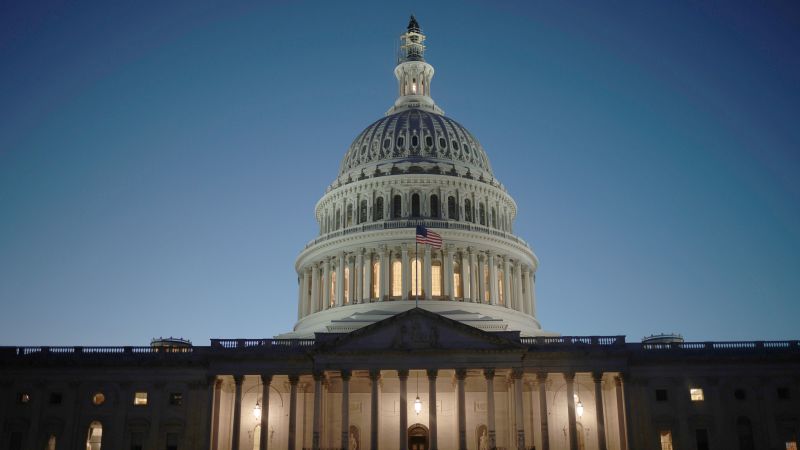The Senate will need to act quickly to renew a critical intelligence community surveillance tool known as Section 702 of the Foreign Intelligence Surveillance Act, which is set to lapse temporarily unless a bill is passed to extend the program for two years. Senate Republican Whip John Thune noted that cooperation will be needed from Senate critics who have issues with Section 702, particularly concerns about access to data from foreigners without a warrant when interacting with Americans. He emphasized the need for a vote on an amendment requiring warrants for spying on Americans, similar to a failed attempt in the House last week. Without an agreement on time and amendments, the Senate may not be able to process the bill in time, leading to a lapse in the program.
One conservative senator with concerns over FISA, Alabama GOP Sen. Tommy Tuberville, expressed hope that Democrats controlling the chamber will agree to their demands for amendments, stating that most Republicans would be satisfied with votes on amendments. He stressed the importance of avoiding a lapse in the program and the pressure on Democrats to make a deal. However, Democratic Majority Whip Dick Durbin suggested that the intelligence community could continue eavesdropping for a year or longer even after the program lapses, a statement disputed by top Republicans who emphasized the critical nature of not interrupting the authority for national security reasons.
Republican senators, particularly those pushing for FISA amendment votes, are also frustrated with Democrats’ plans to expedite the impeachment trial of DHS Secretary Alejandro Mayorkas, leading to delays in the Senate proceedings. This frustration has led to Senator Mike Lee of Utah taking time-consuming procedural votes, potentially impacting the renewal of the FISA program. Democratic Senator Durbin expressed concerns about Senator Lee’s actions potentially causing a lapse in the FISA program. A Democratic aide highlighted previous lapses in Section 702 authority resulting in providers like Google and AT&T halting material sharing with the government, posing a risk in the current situation.
Republicans and Democrats in the Senate are embroiled in negotiations to address concerns and amendments to the FISA renewal bill, with the critical deadline approaching. Senate Republicans are pushing for a vote on an amendment requiring warrants for spying on Americans, while Democrats are considering the implications of a lapse in the program for national security. The debate over FISA renewal highlights the ongoing tensions between the two parties in the Senate, with potential consequences for the intelligence community’s surveillance capabilities. Both sides are working towards a resolution to ensure the continuity of essential surveillance activities while addressing concerns about privacy and civil liberties. The outcome of these negotiations will impact the future of intelligence gathering and national security efforts in the United States.













